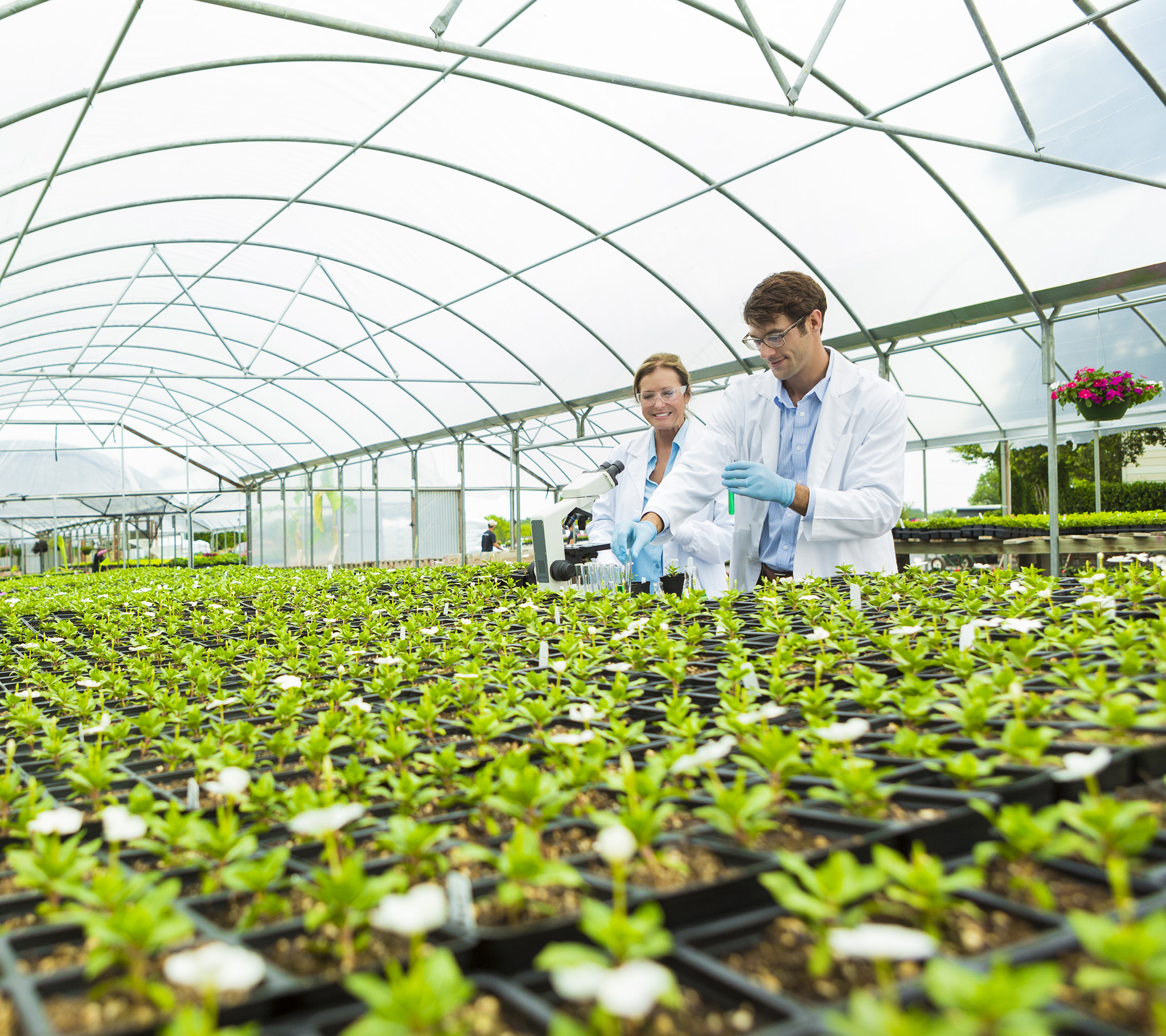
Agriculture
Using high-purity water ensures that plants receive the optimal balance of nutrients without the risk of contaminants that can hinder growth or introduce disease. This is crucial for maximizing crop yield, enhancing produce quality, and ensuring sustainable water usage. By utilizing high-purity water, agricultural operations can achieve more predictable and controlled growth conditions, leading to increased efficiency and productivity in their farming practices.
Get a quote todayWe all know that without water, we wouldn't have food to sustain life.
High-purity water is becoming increasingly critical in the agriculture industry, particularly as the industry evolves with modern cultivation techniques like hydroponics, aquaponics, and controlled environment agriculture (CEA). These methods require precise control over nutrients and environmental conditions, with water quality being a top factor. High-purity water ensures that plants receive exactly what they need for optimal growth without the risk of diseases or growth- inhibiting factors often present in untreated water sources.
Water is a universal solvent, and as such, it can contain a variety of dissolved solids, chemicals, and biological contaminants that can adversely affect plant growth, yield, and health. For instance, high levels of salts can lead to toxicity in plants, while specific ions like chloride and sodium can be particularly harmful, even in small concentrations. Moreover, waterborne pathogens can devastate crops, leading to significant losses. Thus, the use of high-purity water not only promotes healthier and more vigorous plant growth but also enhances produce quality and safety for consumers.
In hydroponic systems, where soil is replaced by water as the primary medium for nutrient delivery, the purity of water becomes even more crucial. Any contaminants in the water can directly impact the nutrient balance, affecting plant health and productivity. Similarly, in aquaponics, where fish and plants are cultivated together, the quality of water affects both the health of the fish and the plants, requiring a delicate balance that high-purity water can help maintain.
Puretec provides solutions tailored to the agriculture industry’s unique needs, providing high-purity water systems designed to remove contaminants to levels that are safe and beneficial for agricultural applications. We offer technologies such as reverse osmosis, deionization, UV irradiation, and advanced filtration that are capable of removing a wide range of impurities, from dissolved minerals and salts to organic compounds and pathogens.
For agricultural operations, Puretec can offer customized solutions based on the specific requirements of the crops being grown and the local water source conditions. This could involve analyzing the water quality to identify specific contaminants and designing a system that targets these effectively. Additionally, Puretec can provide ongoing monitoring and maintenance services to ensure the water purification system continues to operate at peak efficiency, delivering consistent water quality that can support optimal plant growth.
Having Puretec install a high-purity water system in your agricultural operation can lead to several benefits, including increased yields, improved produce quality, reduced disease incidence, and more efficient use of water and nutrients. By ensuring that crops receive clean, contaminant-free water, farmers and growers can achieve more predictable and controlled growth conditions, leading to higher productivity and sustainability in their farming practices.
In conclusion, as the agriculture industry continues to evolve and adopt more sophisticated cultivation techniques, the demand for high-purity water is set to increase. Puretec’s products and expertise can help your agricultural operation obtain a reliable supply of high-purity water, thereby enhancing overall productivity, sustainability, and competitiveness in the market.
